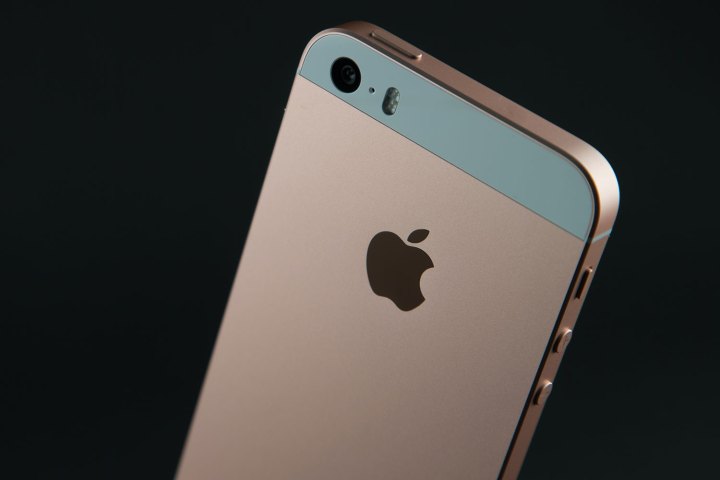
James A. Baker, a lawyer for the FBI, said the agency was putting the data it extracted to use. He wasn’t able to confirm or deny if the data was indeed useful, according to the New York Times.
“It was worth the fight to make sure that we have turned over every rock that we can with respect to the investigation,” he reportedly told privacy professionals in the nation’s capital. “We owe it to the victims and the families to make sure that we pursue every logical lead.”
But don’t expect to get the details on what was in Syed Farook’s county-issued iPhone, as Baker said the content would only be made public “if and when it becomes appropriate to disclose it.”
Apple’s hope to learn the technique the FBI used to hack the iPhone may also never see the light of day, as Baker confirmed the FBI hasn’t shared the method with the Cupertino company yet. The agency paid a third party — likely Israeli firm Cellebrite — to demonstrate a technique to hack into the iPhone.
The bureau has since been sharing the technique with various law enforcement offices around the country, to help break into more iPhones locked in criminal investigations. Apple is hoping to learn about this technique through legal discovery in a similar, but unrelated, New York case.
In the New York action, an individual pleaded guilty on charges of meth trafficking. Law enforcement hoped that his phone could offer more information for the investigation, and obtained a court order requiring Apple to create a backdoor into the iPhone so they could access it. Apple resisted the order for the same reasons it did in the San Bernardino case, citing the work as “burdensome” but also as an infringement of its customer’s privacy. Apple believes creating such access could threaten online security and individual privacy.


